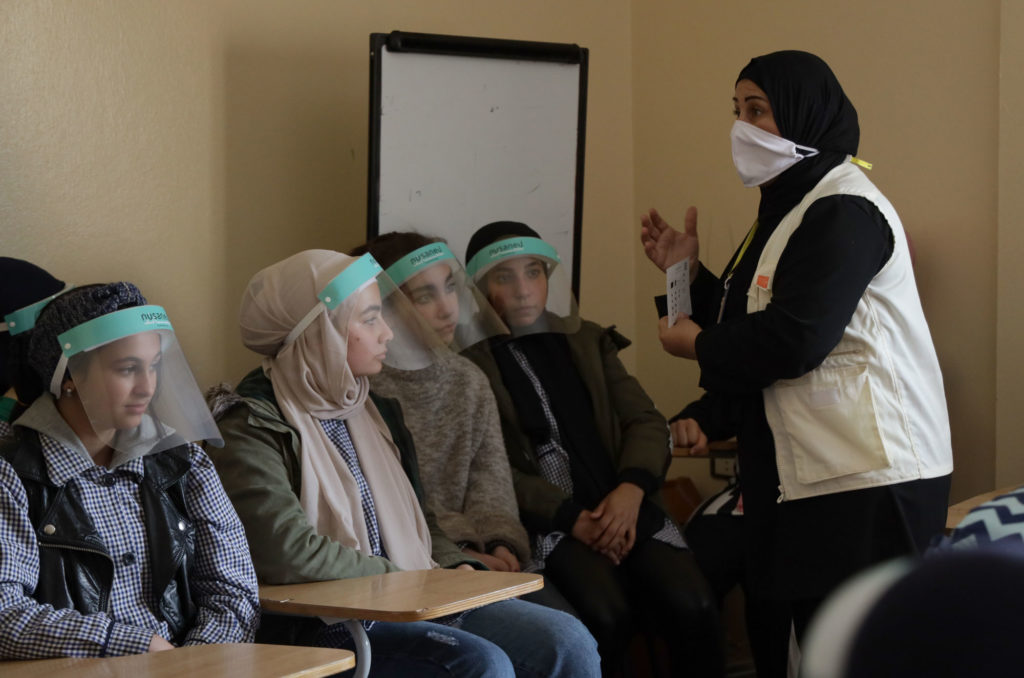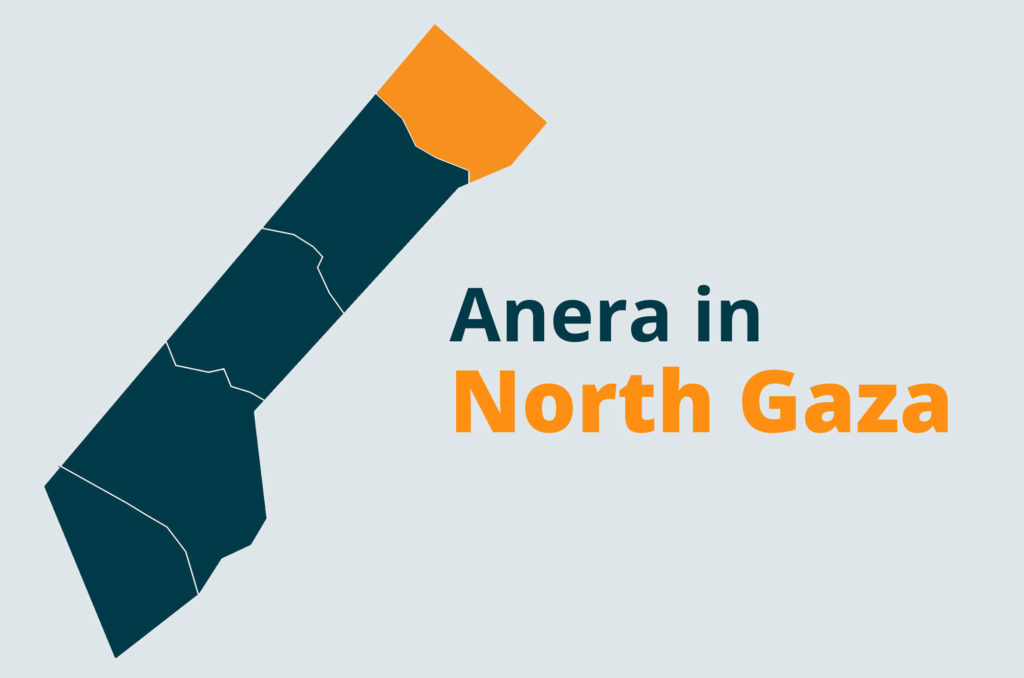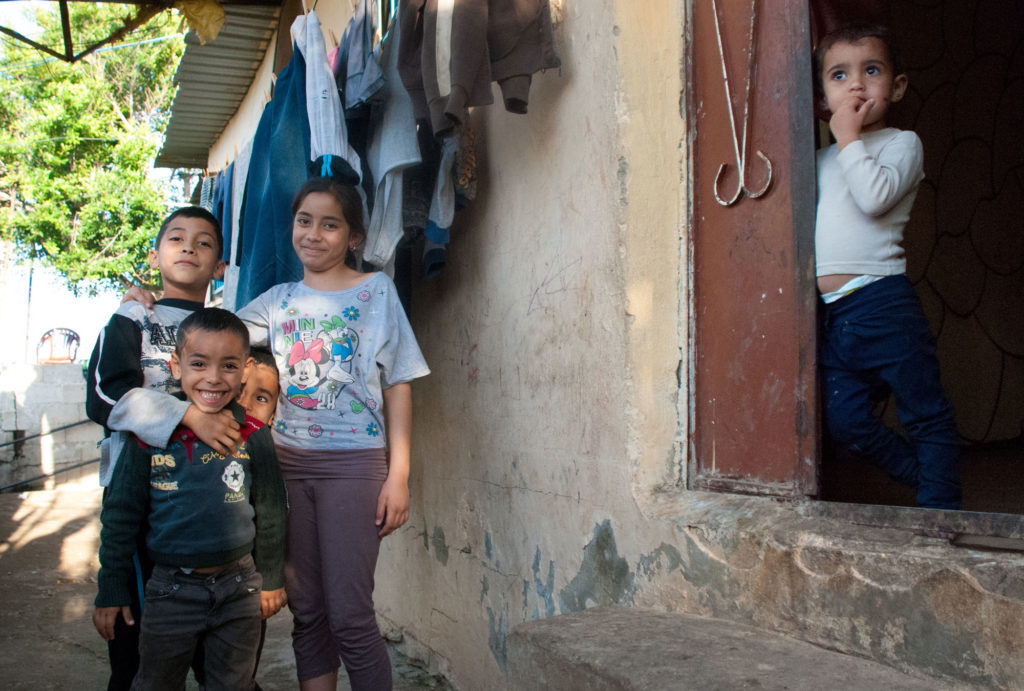HEALTH
Addressing Menstrual Hygiene and Health Needs of Refugees
Jun, 2021
Sustainable menstrual hygiene products offer a critical solution for the sexual and reproductive health needs of Syrian refugees in Lebanon


“We believe in a world where periods are never a problem.” — Days For Girls
Imagine being a 13-year-old who is told that your period is a “dirty” phenomenon, that this natural monthly recurrence is not something to embrace, but rather something to fear and be ashamed of. Now imagine also that you live in conditions that do not meet minimum standards for well-being and dignity, with limited access to clean water and hygiene products. This situation is a reality for hundreds of thousands of Syrian refugee girls and women in Lebanon.
On top of all that, most of these girls only learn about sexual and reproductive health when they are about to get married, and only informally, through the women of their families. This critical gap in education leads to an array of health and psychosocial issues. To address these problems, Anera is promoting menstrual hygiene and health through our programs.
Americares’ most recent medical aid shipment to Lebanon perfectly complements Anera’s focus on reproductive health, allowing us to provide refugee women and girls with menstrual hygiene products to help them manage their periods in a safe and affordable manner.
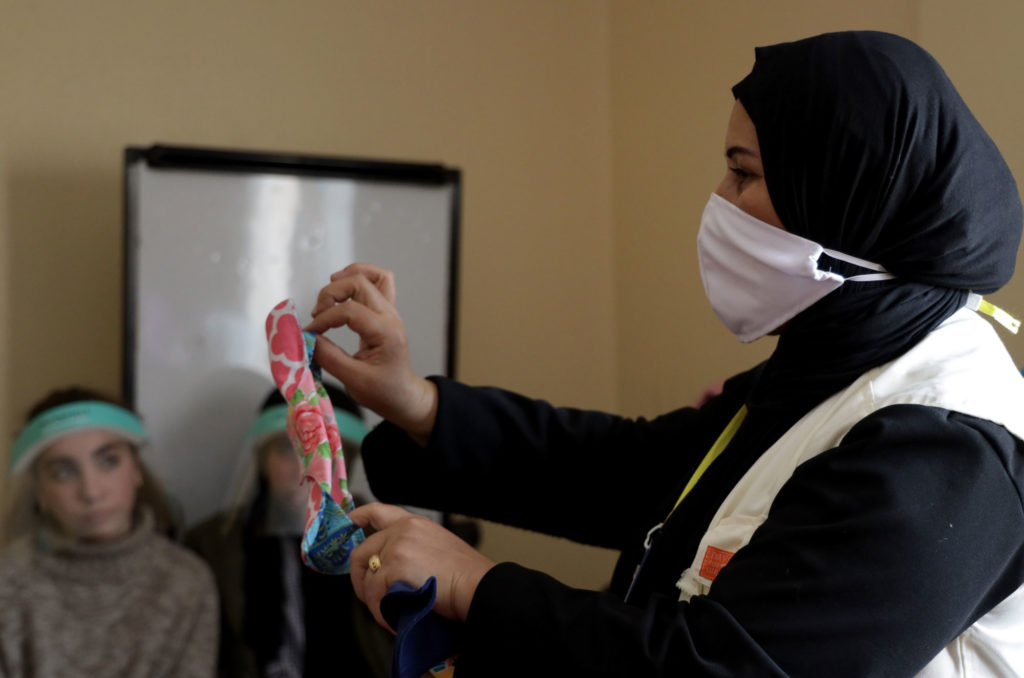

The latter concern — affordability — is of utmost importance given Lebanon’s economic crisis and the widespread poverty among Syrian refugees in Lebanon. Indeed, nowadays the average employed Lebanese citizen can scarcely afford the low-quality single-use period pads. Reuters reports that a study found nearly 60% of female refugees in camps in Syria and Lebanon lacked underwear, let alone sanitary products.
The Americares shipment consists of various medicines, medical supplies and pads and kits made by Days for Girls (DfG), a nonprofit dedicated to making a washable, reusable, menstrual health pad built to last for up to three years. The sustainable pads include a protective shield and absorbent liner.
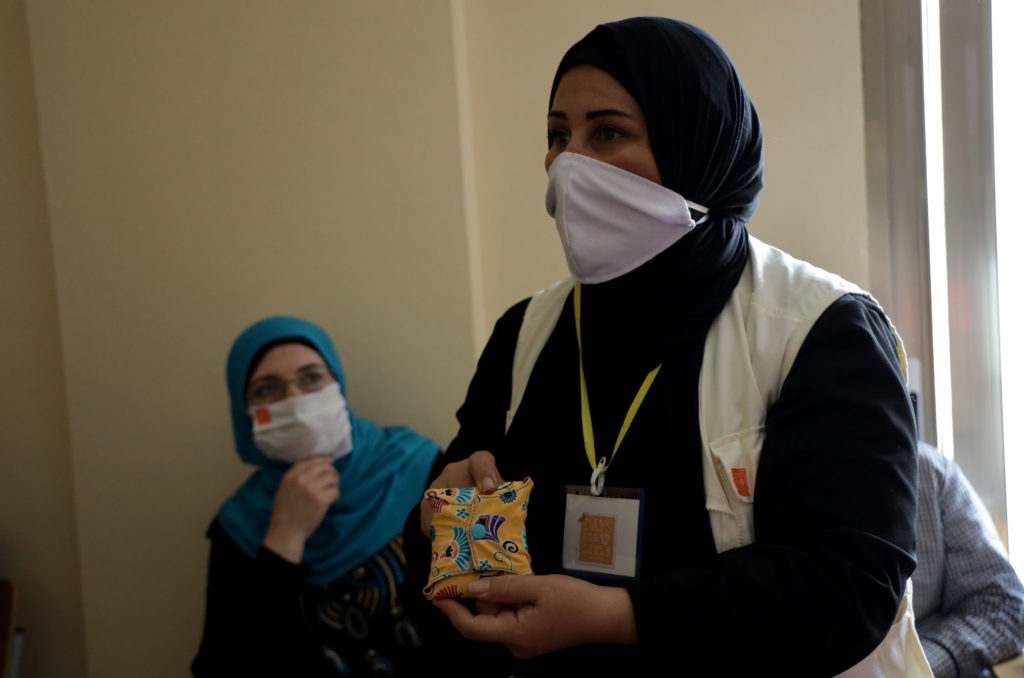

Anera has begun to distribute the kits in the most marginalized and under-developed towns and villages in the north of Lebanon, where access to menstrual hygiene products is viewed as a luxury. We recently distributed more than 2,200 DfG kits to Palestinian, Syrian and Lebanese women and girls in areas like the Nahr El Bared Palestinian Refugee Camp, the Akkar region, the city of Halba, the village of Bourkayel, Wadi Al Jamous, Bebnin and several others. Each person received multiple DfG pads, a user guide with visual instructions for use and care of the products, and a calendar to track menstrual cycles.
The kits also include waterproof bags to discreetly and safely stow used liners and underwear, which meant so much to many of the girls and women. We also distributed soap and washcloths for personal hygiene.
Many of the young women are initially somewhat skeptical about the idea of washable pads — but they come around to the idea as they learn more about the product and how they provide an effective solution that eliminates monthly costs and lasts years. Older women, on the other hand, are often reminded of the washable cotton cloths that they and their mothers once used, before commercial pads were introduced to the Syrian market.
